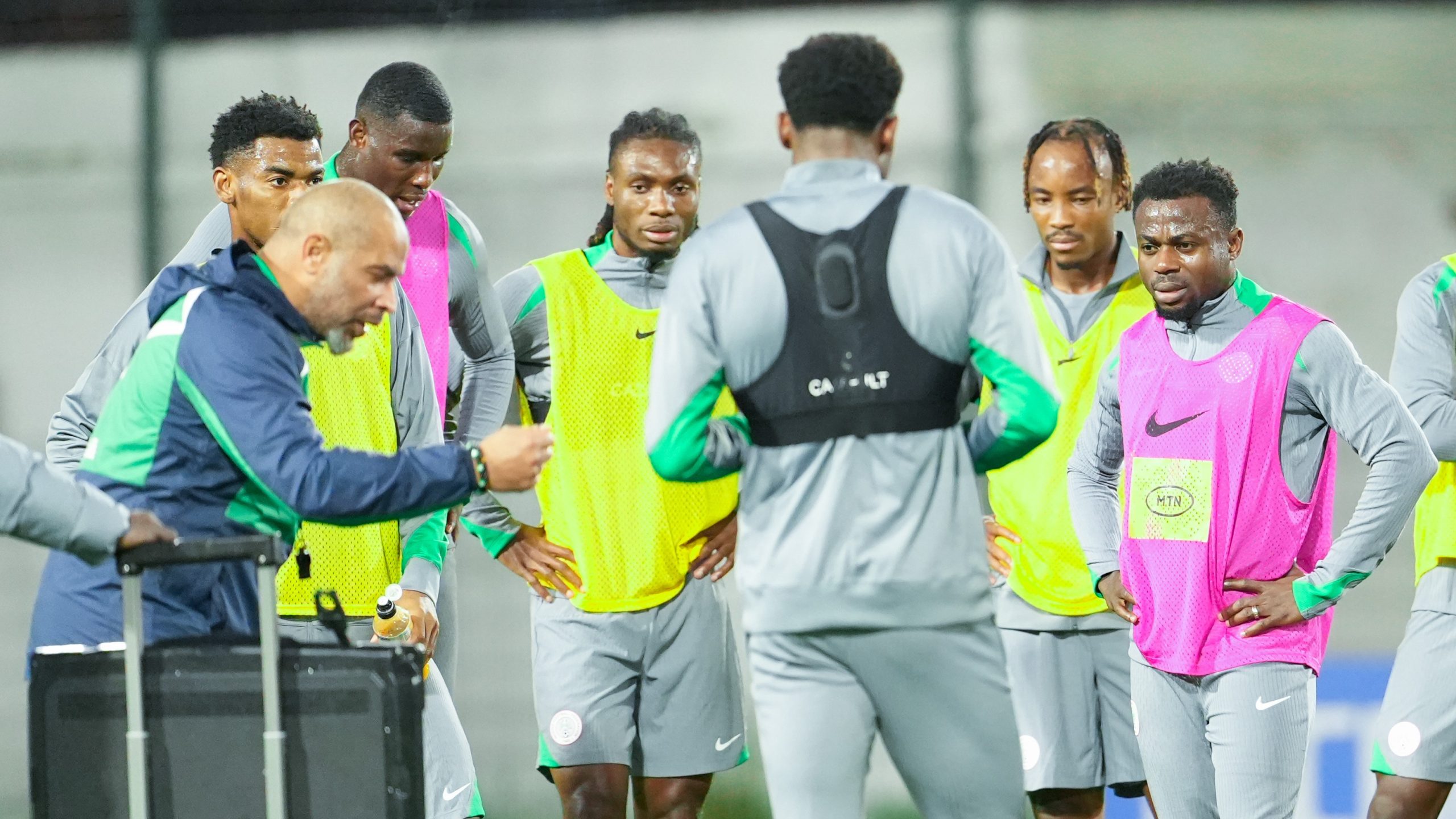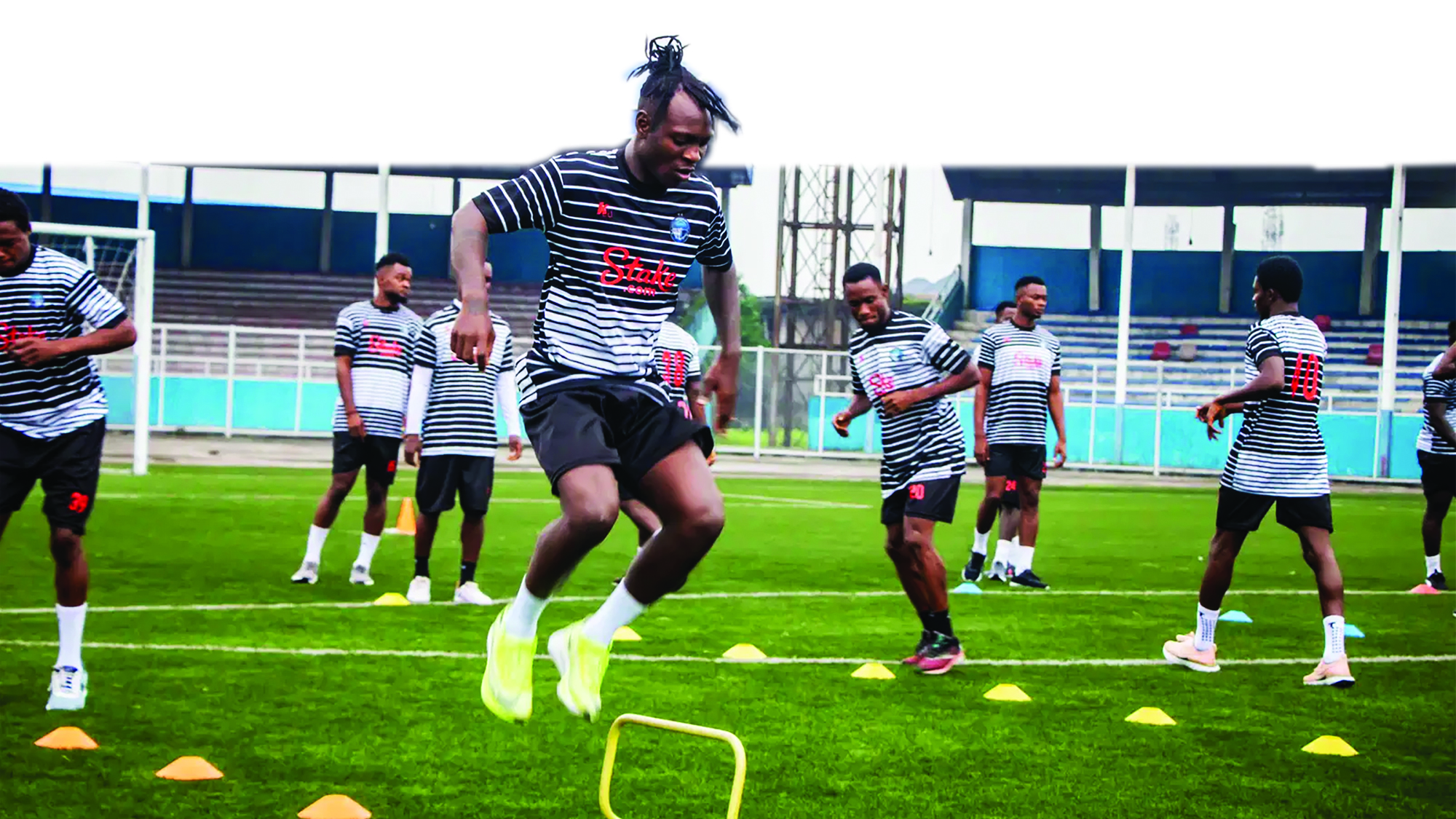On October 4, the election of principal officers into some of the ‘volatile’ sports federations will be held. Stakeholders reckon that the sports commission can ensure peace and stability by ensuring every contestant plays by the rules and on a level playing field, CHRISTIAN OKPARA reports.
Most progressive countries choose only fit and diligent people to run their important sectors, including the sports sector, which has become a big tool in international diplomacy and economic development.
In many such countries, the leaders of the sports federations are headhunted and saddled with the responsibility of ensuring that such countries leverage their youth population to achieve excellent results in international sports. Some others allow stakeholders in each discipline to elect their leaders, believing that such elected individuals would work harmoniously to grow their sports and produce athletes who would represent their countries credibly. Nigeria falls among the countries that elect their sports federations’ leaders periodically.
However, in recent times, electing leaders for some of these federations has become problematic, with crises always trailing every electoral cycle. Some of these crises linger for years, with the aggrieved parties lurking around, waiting for another election cycle to attempt to snatch leadership from the incumbents.
For instance, the Nigerian Basketball Federation (NBBF) was mired in an intractable crisis in 2013 following what some people described as the undemocratic re-election of Tijjani Umar as president.
The stakeholders’ grouse with the key elected officials was that some of the eligible voters were disenfranchised to pave the way for Umar’s victory over his then-challenger, Musa Kida, during the polls.
These aggrieved stakeholders, led by Col. Samuel Amedu, filed a case against the conduct of the election before the Nigeria Olympic Committee (NOC). The NOC reportedly delayed hearing the case and later wrote a letter to Amedu advising him to go to court. On getting to court, the court ruled that the case was statute-barred.
Stunned by the outcome of their quest, the group bided their time and eventually succeeded in ousting Umar in the next elections, with Kida becoming NBBF president.
Kida had a near-smooth ride in his first tenure, but his re-election bid was challenged by a group led by the proprietor of Mark Mentors Basketball Club, Igoche Mark, who was alleged to be from the Tijjani Umar camp. Kida, however, weathered the storm and secured a second term in office.
Having served his constitutionally stipulated two terms, the battle for the NBBF presidency is set to be reignited, but not in this electoral cycle, as the federation’s elections will be held next year.
The hitherto volatile Athletics Federation of Nigeria (AFN) was able to hold its drama-filled polls early this year with none of the “losers” electing to go to court to challenge the outcome. This is unlike the last two exercises, which were marred by allegations of malpractices and court cases challenging the results of the elections.
The Nigerian Boxing Federation (NBF) is another body that has had its fair share of leadership crises, with the latest leading to the suspension of its vice president, Azania Omo-Agege.
The NBF, led by Gen. Kenneth Minimah, suspended Omo-Agege for indulging in acts allegedly inimical to the interest of the country. Omo-Agege, on the other hand, announced Minimah’s suspension as NBF president and pronounced himself as the new president of the body.
Here is where the current issue lies: Gen. Minimah is not contesting for the position, having exhausted his two terms in office. The question many are asking is, “Will Omo-Agege be allowed to contest for NBF’s top position?’’
NBF’s Secretary, Faseesin Olalekan, could not confirm whether Omo-Agege is qualified to vie for any of the positions on the board. He said, however, that there have been talks about dragging in the Minister of Finance, Wale Edun, to vie for amateur boxing’s top position.
He added: “Anyone who meets the eligibility criteria set by the electoral committee will be qualified to contest. The candidates will be known in due course.”
Recently, the Nigerian Olympic Committee (NOC) announced that 13 of the federations would conduct their elections using their approved constitutions, while the others without approved constitutions would hold theirs using the NSC guidelines.
The NOC also affirmed that the NBBF has no issues with its constitution, adding, however, that the federation will hold its own polls in January 2026, which is the end of its four-year tenure.
Apart from the guidelines, there are many other issues stakeholders in Nigeria’s sports expect the National Sports Commission (NSC) to address before the polls slated for October 4.
Recently, the NSC Chairman, Shehu Dikko, announced that his commission was restructuring the governance structure of sports federations and would set up a governance code that would guide their operations.
As a result of that pronouncement, the NSC recently set up criteria for those contesting for positions in the federations, especially those who want to become presidents of the bodies.
The NSC revealed that it would conduct elections in 18 federations, including aquatic, chess, handball, golf, karate, darts, fives, tennis, wrestling and Wushu Kung Fu.
Others are scrabble, hockey, badminton, boxing, taekwondo, squash rackets, traditional sports and deaf sports. It said that the approved nomination form would be available for collection and submission at the secretariat of each federation from September 6 to 11 during official working hours, while advising aspirants to complete and return the form within the stipulated timeframe.
Dikko highlighted that the NSC is currently drafting essential guidelines aimed at facilitating a smooth electoral process across the federations. This initiative coincides with a recent reshuffle of sports secretaries in each federation, positioning them strategically ahead of the elections. “This is all about creating a fresh start,” Dikko explained, emphasising that the introduction of new secretaries will inject fresh ideas and energy into the federations.
Last week, the NSC announced the formation of a seven-member electoral committee for the elections, headed by a retired director of Field and Elite Athletes, Dr Simon Ebhojiaye.
But there are some stakeholders who feel that the NSC is treading the old route, which has always caused problems after each election cycle by not first dissolving the current boards of the federations.
Some of the aspirants are of the opinion that simply setting up an electoral committee is not sufficient to ensure transparency and fair play for all participants in the elections.
According to one of the candidates, who pleaded anonymity, “the tenures of the current boards of sports federations have expired; why are they still in office? If the NSC genuinely seeks to promote transparency and fairness for all, it should dissolve the boards. Allowing them to remain in office and conduct elections is tantamount to giving them an undue advantage over other candidates.”
He alleged that the NSC would be condoning illegality by not dissolving all the boards before establishing an electoral committee to manage the election process.
“Dissolving the current boards is the only way we can ensure the integrity of this exercise,” he said. Even with the final elections yet to be held, the Nigerian Table Tennis Federation (NTTF) is witnessing what looks like a precursor to bigger problems after the polls, with some of the stakeholders accusing the current NTTF board of plotting to hijack the electoral process.
One of such “alarmed” stakeholders is the incumbent players’ representative on the board, Kehinde Aiyelabegan, who recently urged the NSC to take over coordination of the election from the NTTF.
Aiyelabegan also urged that the elections, originally scheduled to be held in Lagos, be moved to Abuja to curb alleged manipulations and ensure a free and fair process.
The North-Central representative on the board alleged that some NTTF board members were plotting to hijack the process, and expressed concern over what he described as looming malpractice.
“In past elections, all technical and players’ representatives presented letters from their respective state sports councils to confirm their eligibility to vote. Now, there are plans to open up the elections, violating established procedures.”
Proffering a solution to the frequent crisis in some of the federations, the proprietor of Dodan Warriors Basketball Club, Col. Amedu, said that troubles arise in sports federations when people try to manipulate the process to suit their selfish designs.
According to Amedu, who is also president of FIBA Africa Zone 3, some of the stakeholders feel aggrieved when elected officers fail to carry other board members along in decision-making.
“There is no crisis in the NBBF now, even though the board members are not happy with the president, who is not carrying out the wishes of the other board members. But that does not mean that there is a crisis.
“Problems arise in most federations due to the attitude of the leaders. For instance, when leaders are campaigning, they promise that they will abide by the constitution, but when they get into office, they turn the place into a one-man show; they relegate their board members to the background, and run the federation like their personal fiefdom. Some of them go into the elections with personal agendas.
“But that a president is not doing well doesn’t mean that there is a crisis. It is up to the stakeholders to vote such people out in the next election.”






